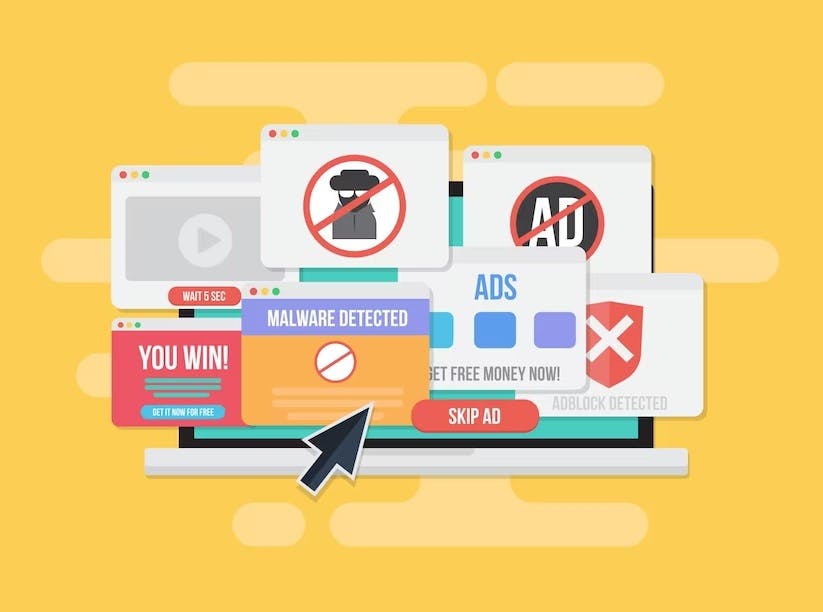What are the Consequences Of Unsecured Domain or Website?

Digital awareness in the world of business has led to the growth of various cyber threats such as Malware, Ransomware, Data Theft, SQL Injection, Phishing, Email scams, etc. Hence, business owners are focusing on implementing appropriate cybersecurity measures to protect their websites, applications, and other IT assets from being vulnerable to such cyber threats.
Also, using an unsecured website poses a threat from various cybercrimes and credibility issues. SSL/TLS offers HTTPS encryption for websites, enabling accurate website security and a secured connection that can be trusted by visitors for safe browsing compared to an unsecured website.
In this context, let us explore the negative effects of an unsecured or Non-SSL based website through the following points:
Data Sharing in Cleartex: For an unsecured website, any data shared with the website, such as form inputs, usernames, passwords, etc., is in the form of plain-readable text, which can be potentially exploited or intercepted by cybercriminals.
Man-in-the-Middle Attack (MIM): Without SSL encryption on your website, a man-in-the-middle attacker could intercept the data transmission process, including your network traffic, inject malicious content, or gain unauthorized access, causing data theft.
Increased Phishing Attacks: Phishing sites that target users for financial fraud often use the plain HTTP protocol to avoid SSL validation checks, confusing the users into believing it is a secured domain and tricking them into sharing their data while browsing.
Credibility Issues: Unsecured websites don't show a padlock or site seal, which is a major trust indicator of an SSL-enabled site. Some users may perceive the domain as less trustworthy.
Impact on SEO: Google and major search engines consider HTTPS as a good SEO factor for better visibility and ranking fast on Search Engine result pages (SERP), whereas unsecured or non-SSL-enabled websites have a negative SEO impact on achieving desired results.
High Risk Of Malware: Without SSL, cybercriminals have a keen eye on injecting malware into webpage responses without being detected and hurting the website data.
Sensitive Data Exposure: Sensitive data entered on an unsecured website, such as personal details, contact details, financial details, etc., has a high risk of being compromised by an attacker since it's sent unencrypted.
No SSL Validation: the browser of an unsecured website can impersonate it as a trusted or legitimate site to users since the browser cannot verify the website's identity using an SSL certificate.
Conclusion
Concluding up, we are now clear about the adverse effects of an unsecured website as per the above key points, and hence it's highly recommended to use an SSL certificate to safeguard your website data from cyber threats and enhance the visitors' trust, providing them with a safe browsing experience.